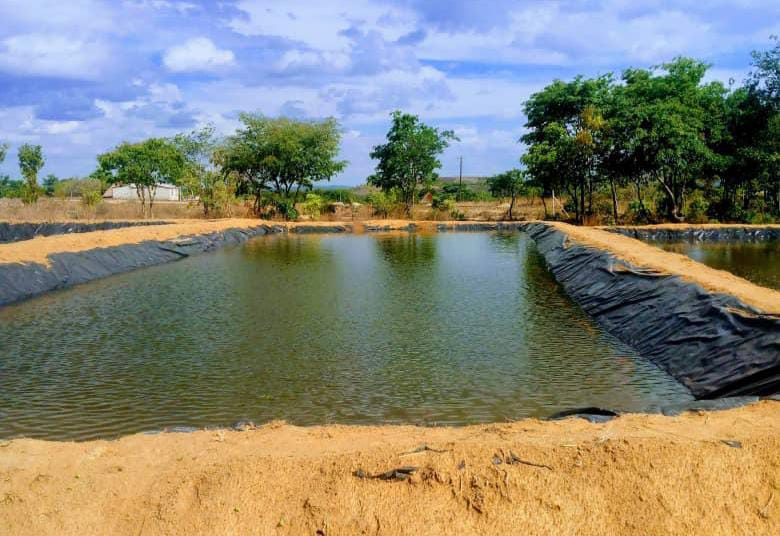By Julius Manganda
The aquaculture sector in Zimbabwe has experienced significant growth since 2016, with new entrants into the industry and a proliferation of small-scale fish farmers across the country.
However, despite this growth, the sector is facing numerous challenges that are threatening its sustainability.
According to industry expert Tongai Musaniwa of MK Aquaculture Solutions, “Over 99% of fish farmers in Zimbabwe are small-scale producers, with production ranges of less than 0.5 tons per annum. These farmers are using earthen ponds, climate-proofed with pond liners, to cultivate fish. However, many of these producers are struggling to make a profit, with some already quitting the industry.”
Musaniwa attributes some of these challenges to a lack of knowledge and expertise among small-scale fish farmers, leading to very low survival rates, poor growth performance, and continuous fish deaths.
“Knowledge is power If you don’t have the right knowledge and skills, you’ll struggle to succeed in the aquaculture sector.”
Small-scale fish farmers are urged to seek reputable training providers who can equip them with the necessary knowledge and skills to succeed in the industry.
“Look for people who are reliable and can equip you with the know-how, or i urge people to visit the Ministry” said Mr Musaniwa. “
Despite the challenges facing the aquaculture sector in Zimbabwe, there are also numerous opportunities for growth and development.
Fish farming requires little to no electricity, making it an attractive option for farmers in rural areas. The start-up costs for fish farming are relatively low, making it accessible to small-scale farmers.
Fish farming also provides a good source of nutrition, and can be used to utilize unproductive land.
“Fish farming is a good way to utilize land that is not suitable for other types of farming,” adds Musaniwa.
It’s also a good source of protein, which is essential for human health.Experts have identified aquaculture as one of the low hanging fruits for farmers who have little capital.
To succeed in the aquaculture sector, experts recommend that small-scale fish farmers consider the following factors:
- Careful site selection, preferably open spaces with 100% reach of sunlight.
- Availability of water and water quality.
- Access to quality feed.
- Space and biosecurity.
- Availability of labor, including security, feeding, pond construction, sampling, and harvesting
- Availability of markets……
